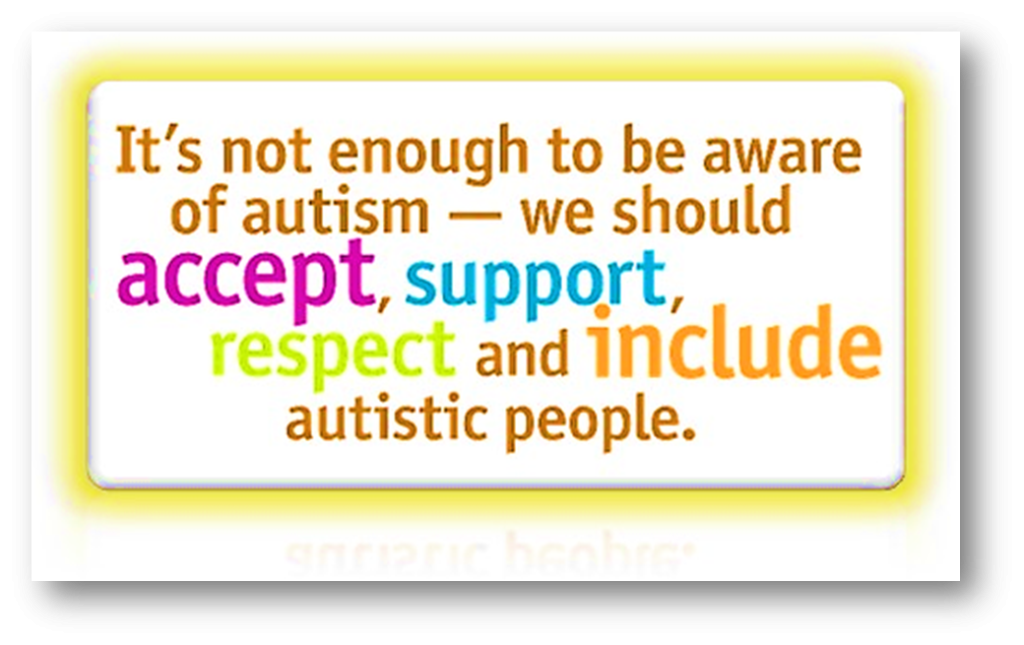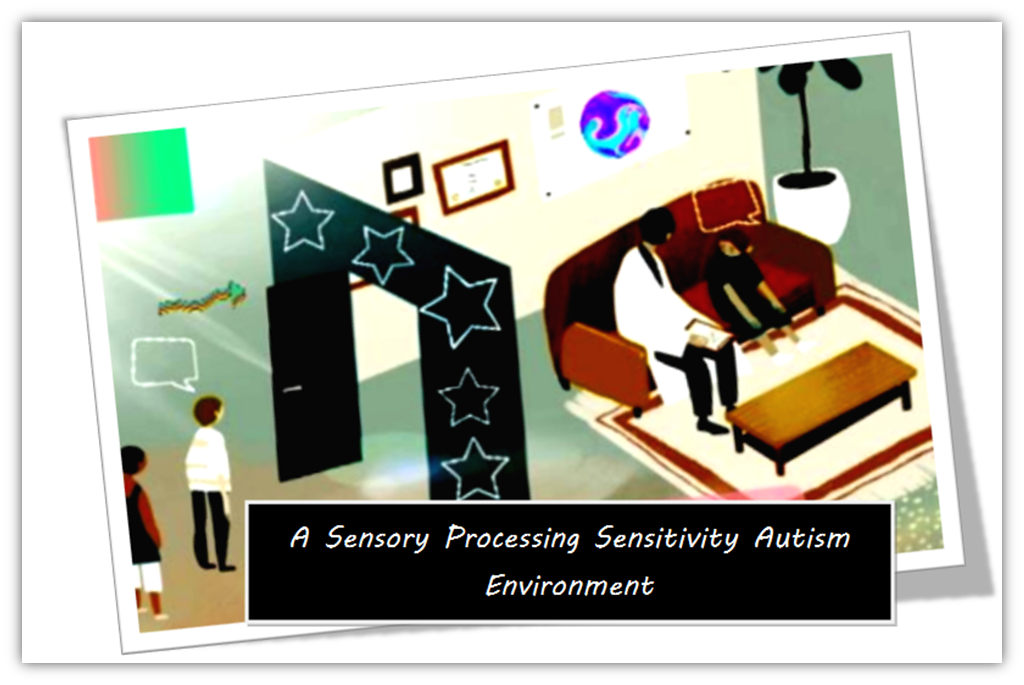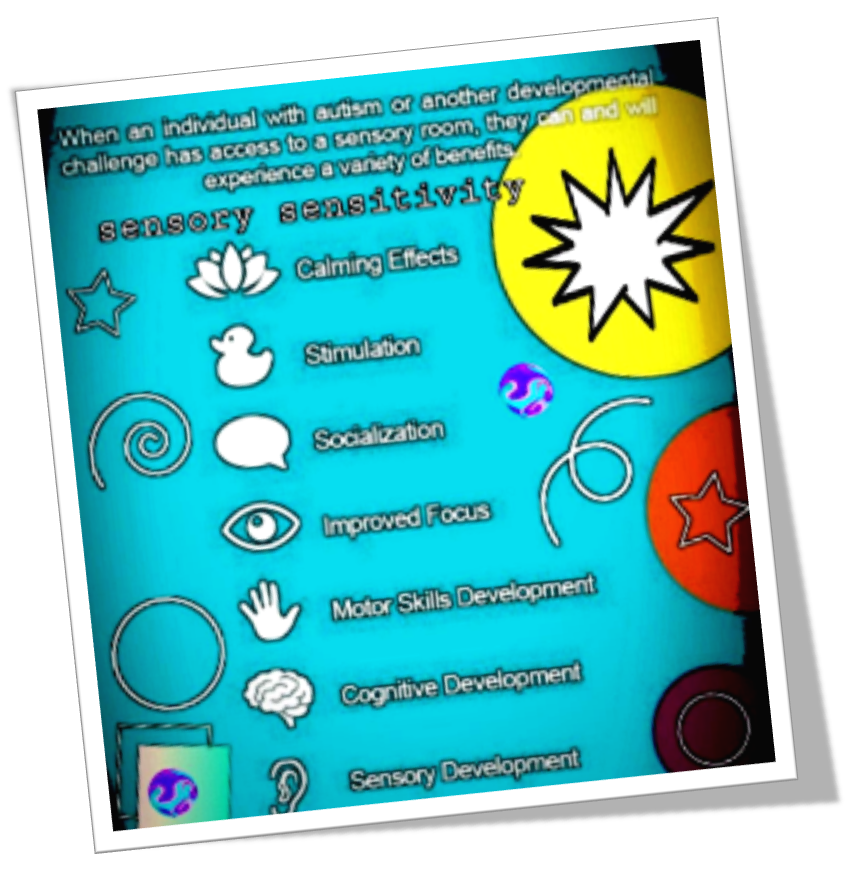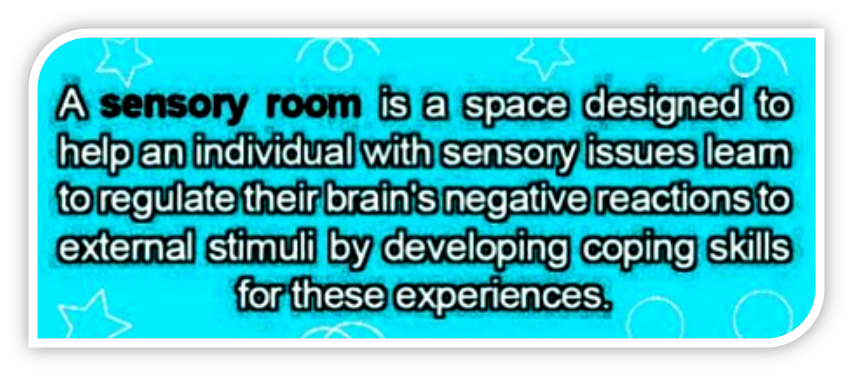Describe how autism affects a person or why it’s important that professionals need to understand about autism and adapt to people’s individual needs?
I have lived in England since birth, though my origin roots stem from an Indian heritage culture and my parents come from much less developed countries such as Africa and India. These countries are culturally very different to my mother homeland roots as a British national yet born within a South Asian community heritage. I have endured mental illnesses along with autism (a lifelong, developmental disability) since my own childhood memories can recall….
I am in my early 30 years and of a female gender coming from a niche, unique, marginalised and hard-to-reach community group and have a formal diagnosis of autism.
I personally view my autism as a pretty lovely colourful rainbow and that we as community should ‘Look Beyond the Autism and See us as Someone Special’…
Although autism is beautiful, it certainly comes with challenges …. such as difficulties with delayed executive functioning processing and the navigation …
It is thereby so integral that professionals can learn the importance of our individual needs and this is reasonably met. Such as a female with autism often finds it easier to mask and camouflage our inner emotional feelings and thereby for others to be aware and mindful of our hidden autism traits.
We as autistics can also at times find organising our time and processing information a real challenge. Furthermore, conveying communication in a clear manner can often feel so overwhelming, leading to meltdowns and shutdowns…
There is a saying that… ‘AUTISM is about being different and this is what makes us beautiful’…. and …. some autistics are fully able to do things more than the neurotypical’s and that we see autism …as our ‘Super-duper Power’ and as such should be celebrated with our individual abilities not tolerated.

Sensory Processing Sensitivity: Autism Digital Drawing
Those with sensory processing sensitivity can find time spent in a sensory environment helps with the visuals, auditory and tactile processing, as well as fine and gross motor skills.
Being autistic and experiencing a sense of calmness and comfort that a sensory place can provide helps us self-regulate our autistic brain, which ultimately improves focus.




